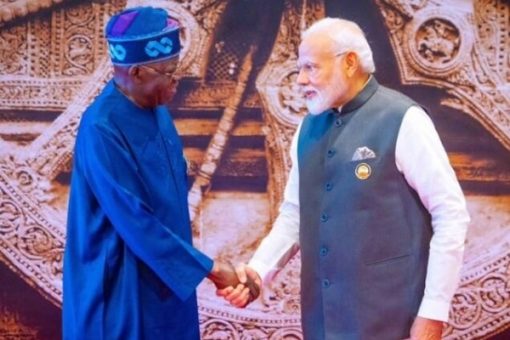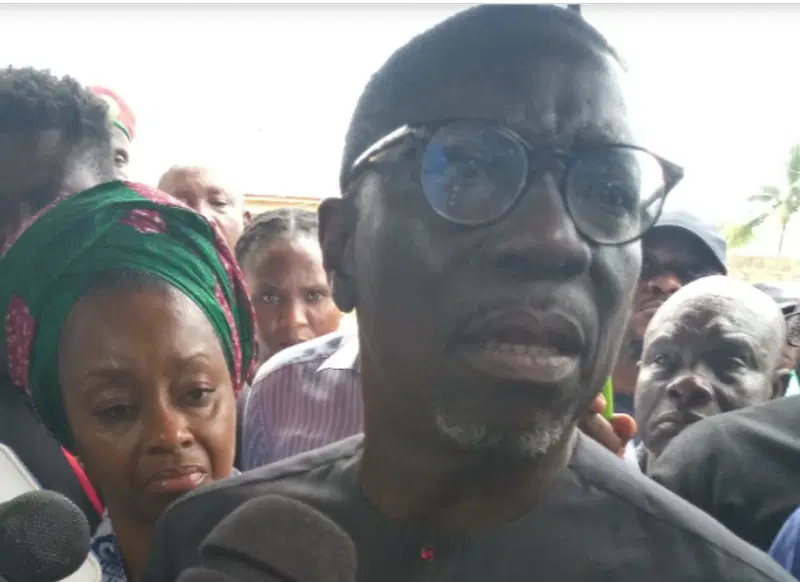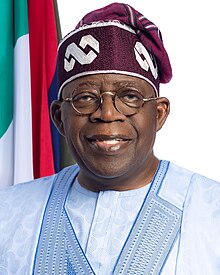17 factors that may precipitate electoral violence
By Clifford Ndujihe
Following controversies, violence and glitches that trailed some elections in the past, and mud-slinging that shadowed the campaigns for Edo State 2024 governorship election, eyes are on the Independent National Electoral Commission, INEC, the Police and other security agencies to make today’s poll credible and peaceful.
The ruling Peoples Democratic Party, PDP, in Edo, is going into the election with allegations that the opposition All Progressives Congress, APC, is deploying Federal Might and the police to win. The party complained about the arrest of its leaders across the state and plots to arrest more by the police, and urged the Inspector-General of Police, Kayode Egbetokun, to release those arrested, halt alleged harassment of its members, and ensure free and fair election.
The PDP, which refused to sign the peace accord, also called for the redeployment of Edo Commissioner of Police, Nemi Iwo; and Resident Electoral Commissioner, REC, Dr Onuoha Anugbum over their alleged closeness to immediate past Governor of Rivers State, and Minister of the Federal Capital Territory, FCT, Abuja, Mr. Nyesom Wike.
On the other hand, the APC wants all those implicated in the Airport Road, Benin, killing of a police officer attached to its candidate, Senator Monday Okpebhelo, arrested. It claimed that the culprits were still working free and threatening to unleash more havoc today.
Indeed, a frontline election monitoring group, Yiaga Africa, has expressed fears that there could be violence in eight LGAs especially as the election would be conducted in a climate of “economic hardship, security volatility and distrust in state institutions and electoral process.”
Yiaga Africa’s chair of the Edo 2024 Election Mission, Dr Aisha Abdulahi, also raised concerns about voter inducement and vote-buying, which she said were going on in different forms in various parts of the state by most of the political parties.
She said: “Yiaga Africa notes the tense and volatile political climate for the election. The campaign period was signposted with strong arm tactics and violence. The activities of cult groups and political thugs intensified amid the proliferation of small and light arms. Yiaga Africa is concerned that politicians will tactically employ violence and intimidation to suppress voters in specific polling units and LGAs.
“Additionally, armed groups and political thugs may disrupt INEC’s deployment of election materials or elections at the polling units to influence the outcome of the election. Yiaga Africa has identified eight (8) LGAs as hot spots for violence. They include, Ikpoba/Okha, Oredo, Egor, Ovia South West,Ovia North East, Esan South East,Etsako West and Etsako East. The volatile security environment in these LGAs necessitates a strategic and neutral deployment of security forces.”
In the eye of the storm
The INEC has always come under scrutiny before, during and after elections. Many Nigerians place the success or failure of any election in the country on the shoulders of the electoral commission, accusing it of conspiring with politicians to subvert the will of the people.
In July 2019, the Centre for Democracy and Development, CDD, based on reports from observers deployed across the country outlined how INEC and security operatives compromised the 2019 polls
The report said five states – Lagos, Osun, Kaduna, Rivers and Sokoto – experienced significant problems with the ward level collation.
The report also identified six challenges that plagued the collation of results of the 2019 election as INEC missteps and misconduct; deliberate denial of access to observers and media; logistical shortfalls; intentional disruption by politicians, political thugs and party agents; and intimidation of collation staff by security agents.
CDD stated that in some areas, members of the security forces played active roles in disrupting collation activities.
In Lagos State, it said observers at one Ward Collation Centre, WCC, noted that ‘security agents chased everybody outside with guns when the results were being collated.”
CDD continued: “Malfeasance by soldiers and other security agents especially disrupted ward-level collation in Rivers State. Elections in several LGAs in the state were heavily disrupted by security agencies tasked with safeguarding the process. As a result, tens of thousands of voters were disenfranchised.
“In Okrika LGA, for example, security personnel invaded the INEC office in the LGA and snatched official collated election results. Before doing so, the same security agents had threatened collation centre officials by shooting their firearms into the air.”
Similar situations had been observed in the various election cycles. A host of election results have been overturned in the past, a reason we have off-cycle governorship elections in eight states – Anambra, Bayelsa, Ekiti, Osun, Ondo, Kogi, Imo and Edo.
Ahead of the 2023 general polls, the commission promised to do real time transmission of results on its IReV portal. However, it could not transmit the presidential election results real time on its portal. This was apart from some of the result sheets being blank , mutilated or figures altered. These are some of the reasons the outcome of the 2023 presidential election has been mired in controversies.
The commission claimed it had technical glitches while transmitting the presidential election results. But its critics pooh-poohed the claim, saying the National Assembly election results transmitted the same day and time did not face similar hiccups.
Apart from the general election, criticisms also trailed INEC and security agencies’ conduct of off-season governorship polls in Bayelsa, Kogi and Imo in 2023.
Specifically, a police officer on election duty during the Imo governorship election was caught and beaten up by voters for snatching a ballot box.
For today’s election, the INEC and security agencies have promised to conduct a free and fair exercise. Will the electoral umpire arrive at polling booths on time with adequate materials, conduct the election and ensure that the votes count? Will the security agencies police the process professionally, ensure no party is unduly favoured, and keep trouble makers at bay? These are questions that will be answered with time.
To ensure a free and fair balloting the INEC and security agencies must ensure that 17 factors that precipitate electoral violence do not come into play.
17 factors that precipitate electoral violence
*Late or non arrival of election officials
*Inadequate voting materials
*Malfunctioning of BVAs, accreditation tools
*Denial of voters opportunity to vote
*Possession of fake or pre-thumb-printed ballot papers by election officials
*Inadequate security or poorly armed security personnel
*Invasion of polling units by political thugs
*Snatching and hijack of ballot boxes and voting materials
*Shielding or non-apprehension of political thugs by security agents
*Condoning of vote-buyers and vote-sellers by security agents
*Disruption of voting process by thugs
*Collation of results in fake or unknown collation centres
*Denial of party agents access to collation centres
*Alteration and falsification of election results
*Non-posting of results on INEC IReV portal in real time
*Condoning of violence and non-cancellation of election in areas marred by violence
* Announcement of rigged results by INEC





